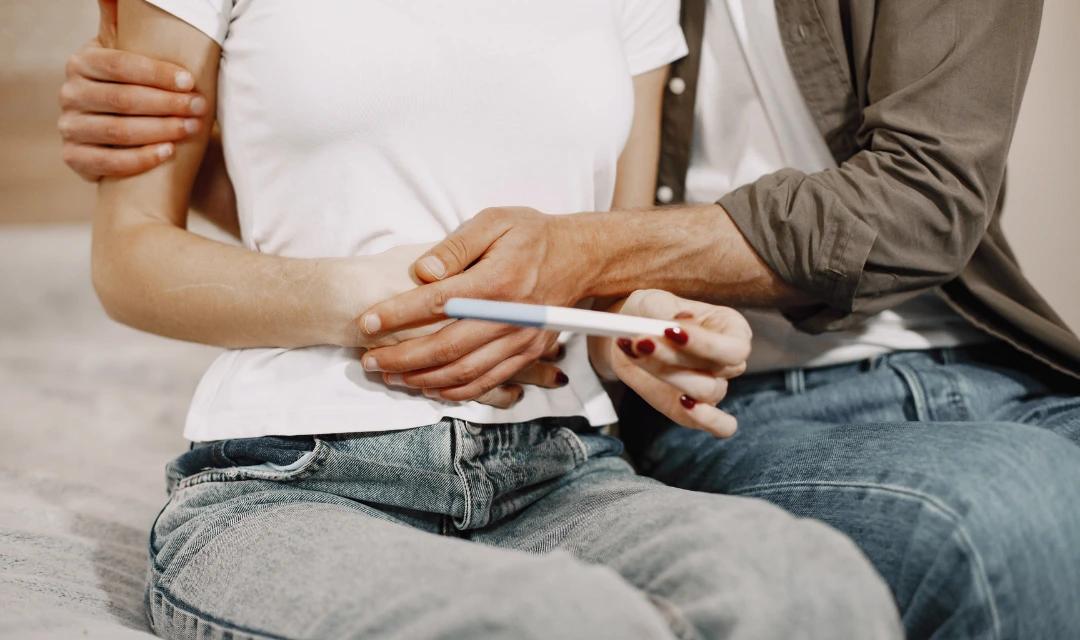How To Reconnect With Your Pregnancy After A Previous Loss?


Table of contents
Pregnancy after a loss feels different. Whether the loss was early or late, it often leaves emotional footprints that carry into the next experience. If you’re in the first 20 weeks and struggling to bond with this pregnancy, you’re not alone. Many women feel a mix of hope and fear—sometimes both in the same breath.
You may want to feel excited but find yourself holding back. That hesitation is common. It’s also valid.
Grief Doesn’t Vanish When a New Pregnancy Begins
Loss doesn’t disappear just because you’re pregnant again. In fact, early pregnancy can bring it closer to the surface. Each scan and milestone may remind you of what happened last time. You might find yourself reliving moments or bracing for bad news.
This reaction isn’t negative thinking. It’s protection. Your brain remembers the pain and tries to shield you from it. But that self-protection can sometimes block connection. It may feel safer to stay emotionally distant, at least initially.
Permit yourself to acknowledge these feelings. You don’t need to rush into joy to prove you’re grateful. Grief and hope can exist together.
Reconnection Begins With Small, Quiet Moments
You may not feel ready to talk to your baby or decorate a nursery. That’s okay. Reconnecting doesn’t have to be big. Start with simple steps that bring awareness to your body.
Place your hand on your belly, even if it’s still flat. Breathe deeply. Whisper a few words to yourself. These quiet moments send a signal that you’re showing up—without pressure or expectations.
If ultrasounds or appointments feel terrifying, bring a trusted person with you. It helps to share the emotional weight. Some women keep journals, not to plan but to track feelings day by day. This helps untangle fear from fact.
There’s no right timeline for bonding. Some women connect early. Others only begin once they feel kicks. Some wait until birth. What matters is not how fast the bond forms but that you allow space for it, gently and without judgment.
Let Others Know What You’re Carrying Emotionally
Support can be healing, but only if people understand what you’re feeling. Don’t hesitate to tell your healthcare provider that this pregnancy follows a loss. Most will offer extra reassurance, check-ins, or simply a gentler approach.
You can also talk to your partner or a close friend. Sometimes, just saying “I’m scared to get attached” out loud makes it easier to breathe.
If the grief feels too big or isolating, consider reaching out to a therapist—especially one who understands pregnancy after loss. Therapy doesn’t mean you’re not strong. It’s simply another way to feel supported during a vulnerable time.
This Pregnancy Is New, Even If the Past Still Hurts
Every pregnancy is different. Even if the emotions feel familiar, this experience is not the same as the one before. This baby is not the one you lost. That truth is tender—but also empowering.
It’s okay to protect your heart. It’s okay to hope slowly. And it’s more than okay to let this bond build in its own way, at its own pace.
You’re already doing something courageous. You’re showing up again. And that, in itself, is the beginning of connection.